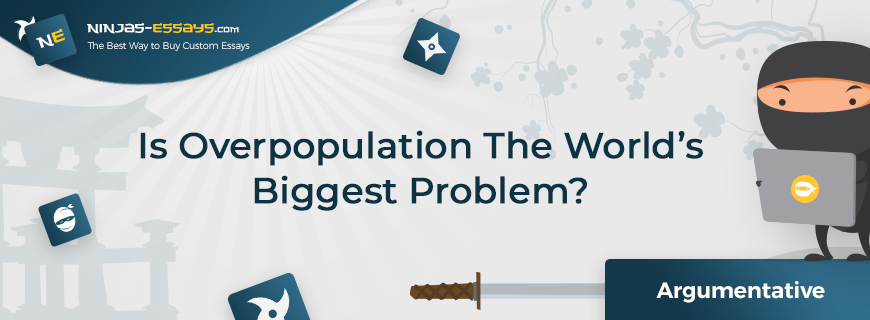
The meaning of life and being is a philosophical and spiritual issue related to the definition of the ultimate objective of existence, the purpose of all people, and the man as the human being. It is one of the principal philosophical concepts, which has great significance for the development of the spiritual and moral character. The development of the person, in its turn, takes place through the cognition of the world and self-cognition. Without these things, an intelligent person cannot exist; by meeting them, the person pursues his life goals and finds his place in the system of social connections and relations. Thus, the meaning of life consists in self-cognition, and every person is in control of his/her life.

Best Essay Writing
Services

Need Custon Writen Paper? We'll Write an essay from scratch according to your instructions
Understanding of life is the ability inherent to every thinking person without which he simply could not orient in motion, time, and space of his existence. The capability to comprehend life is one of the highest manifestations of the human intellect. Even if it takes place on the philosophical level with all its generality and depth, it is always expressed in the form of individual personality. According to Sternberg, Descartes believed that the world consists of mental (mind or consciousness) and physical substances (body or matter) combined with innate knowledge. It is the mind, according to Descartes, that distinguishes the person from the animal (Sternberg 60-61). In animals’ lives, instincts play the principal role; thus, the whale, for example, does not have to consider his being and look for the sense of life in order to improve itself. Human intellect cannot let the person to live only by instincts. Because of this, unlike all animal species, people think in virtue of their objective givenness of life and therefore by the necessity to recognize their needs and satisfy them in different forms of activity. People control their being by improving their personalities. Therefore, they naturally make sense of their lives – according to the laws of their individual personal mentality evolution, the subjective experience of the personality, and the experience of society and history in general.
You can Buy Deductive Essay on this or any other topic at Ninjas-Essays. Don’t waste your time, order now!
The man has always tried to find and explain his place in the universe. When a person while comprehending his existence speculatively outlines his spatial and temporal contours and seeks to determine the extent of the absoluteness of his life in the universality of the movement of the world, then he, with the help of this operations, assesses the significance of his being in nature. With this importance, there comes the idea of his role in social life, because the essence of man also lies in his public relations as he lives among people every day receiving and converting a new experience of communicating. In Baruch Spinoza’s philosophy, self-identification transforms passive emotions into active; thus, it is the key in determining the man’s place in the surrounding world (Lambert 10). The individual is born into a society; only through communication, public relations and self-cognition, he becomes a full-fledged personality. Socrates made this formula of wisdom the principal part of his teaching. He saw the task of philosophy in the study of the ethical and cognitive sphere of human life and activity. He believed that the person is most of all in need of the knowledge of himself and his affairs, the definition of the program and purpose of his activities, the clear awareness of what is right and wrong, beautiful and ugly, true and false (Moore 1-6). Thus, a man who knows himself also knows what will be right for him and differentiates between what he could do and what could not. Such a road of self-discovery leads the man to the understanding of his place in the world and, thus, the control over his life.
On the contrary, some people believe that the sense of life lies not in cognition, but in the will and instinct; that is why it is out of our control. Such people provide arguments from the history which show that everything has a downside and the blind instinct. The will to live and the will to power often outweigh the reasonable behavior derived from self-development. Such philosophers as F. Nietzsche (Binde 2004) and Schopenhauer (Jacquette 1996) in their teachings describe the will as the central force in all human life processes. According to Schopenhauer, the world around us is the disparate chaos which has no integrity, internal laws, and the laws of development. The mind could not control this chaos but it obeys other driving forces such as passion and will (Lehnert and Wessell 4.).
However, if to deprive the person of the possibility to define the purposes and anticipate the results of his existence, there will inevitably grow the wall of rueful feelings before his mind’s eye, which could generate the need for search of the sense of life. Such emotional stress could also cause the rise of activity, but in the negative direction, for example, from the aggression to despair. The views on the meaning of life of such philosophers as Nietzsche and Schopenhauer characterize it mostly in the negative sense, equating unaware people to the lost members of society that cannot be useful because they cannot determine the value of a particular type of activity. The man, with the help of self-cognition, must control his life because only he is able to do this and only he is in charge of the results.
Thus, the sense of life lies in the individuality and uniqueness of the person, which are determined through self-knowledge that helps the person to control his life. Without self-knowledge and cognition of the world in general, the person could not exist and does not differ from an animal which is controlled only by instincts. Self-knowledge helps a person to find himself, achieve goals, and define his place in the world. As a result of self-knowledge, a person acquires the capacity of personal growth, self-improvement and self-actualization under which the fullness of existence, the sense of the joy, and the control of life are become possible.


